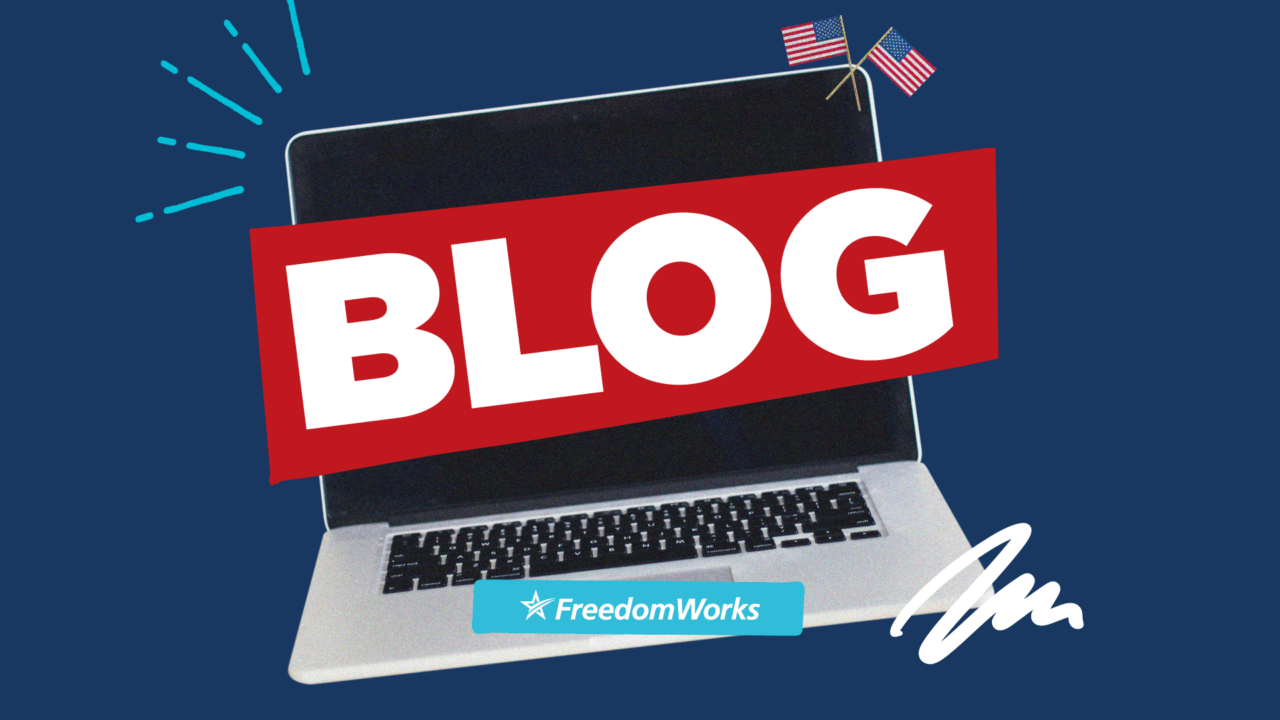Advancing Utility-Style Regulation of Broadband Would Be a Mistake

It sounds simple to say that the American government should boost prosperity and growth rather than creating obstacles to success. Unfortunately, the Federal Communications Commission (FCC), is disrupting this objective with its intention to steer away from effective light-touch regulation.
The recent announcement from FCC Chairwoman Jessica Rosenworcel–declaring the agency’s intent to restore so-called “Net Neutrality” rules and re-establish agency oversight over broadband providers under Title II regulations–has disastrous potential. This proclamation demonstrates the divide between the FCC’s actions and the interests of the American people.
Enacting Title II regulations over broadband providers would threaten consumer market benefits by chilling providers’ investments and limiting innovation. Title II’s inevitable damage is disguised under the promise of a “uniform solution,” although it appears the FCC is trying to solve a problem that does not exist.
Recognizing the differences between Net Neutrality principles and Title II regulation is key to understanding the gravity of the Commission’s intention. Commissioner Brendan Carr highlighted this in his recently released statement where he sorts out fact from fiction. He states, “Title II imposes a host of sweeping, utility-style controls on the Internet that have nothing to do with net neutrality rules like no blocking or throttling.”
Contrary to the faulty assumptions at the root of Chairwoman’s declarations, greater market freedom has allowed the broadband industry to flourish in the years following Chairman Ajit Pai’s leadership on the Restoring Internet Freedom Order. This phenomenon was particularly evident during the COVID-19 pandemic as nationwide networks withstood significant stress tests.
During this time, in which communities were forced to rely on broadband for access to work, education, healthcare, and more, U.S. networks far outperformed their European counterparts. While services in Europe resorted to throttling, as they were faced with worries about their networks’ capacities, American networks remained reliable.
So why, despite the mountain of evidence of success in the U.S., is the agency looking to adopt a regulatory framework that could diminish network performance? If the FCC moves to adopt Title II regulations, it will not create any discernable benefit to competitiveness, while stifling an advancing industry.
Further, in the U.S., other industries regulated as utilities—including electricity, water and gas—have witnessed price increases and deteriorating performance. Title II regulations would force the broadband industry down the same path.
Reinstatement of Net Neutrality rules also takes the FCC beyond the scope of its legal authority. This was acutely noted by two former Obama-era solicitors general, who have surmised that no existing statute gives the Commission the authority to enact Title II regulations over broadband, meaning the agency is inappropriately broadening its own responsibility. At its core, this is a case of unnecessary government overreach.
The nation has repeatedly seen proof that a light touch regulatory approach incentivizes innovation and investment, and will drive American prosperity and success. Yet, the Commission is advancing a problematic regulatory regime, which extends protections to Silicon Valley tech corporations that have continued to engage in what the government considers discriminatory conduct.
To keep our industries on track to supporting American consumers, we should strive for bipartisan, open internet legislation and should leave the unlawful and regressive pursuit of Title II classification of broadband services in the past.



